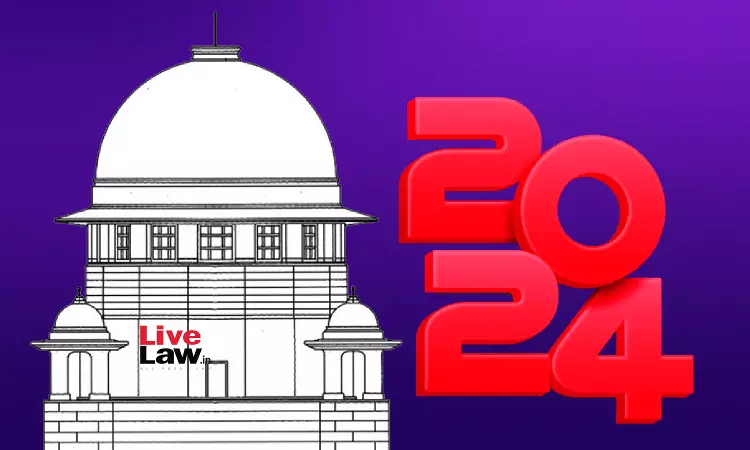Code of Civil Procedure (CPC) : Important Supreme Court Judgments In 2024
Yash Mittal
2 Jan 2025 9:36 AM IST

Next Story
2 Jan 2025 9:36 AM IST
1. Order 8 Rule 10 CPC | Suit Can't Be Decreed Merely On Defendant's Failure To File Written Statement If Plaintiff's Case Isn't Proved : Supreme CourtCase Title: ASMA LATEEF & ANR. V. SHABBIR AHMAD & ORS., Citation : 2024 LiveLaw (SC) 39The Supreme Court held that a Court cannot pronounce judgment in a suit merely on the default of the defendant to file a written statement if...
